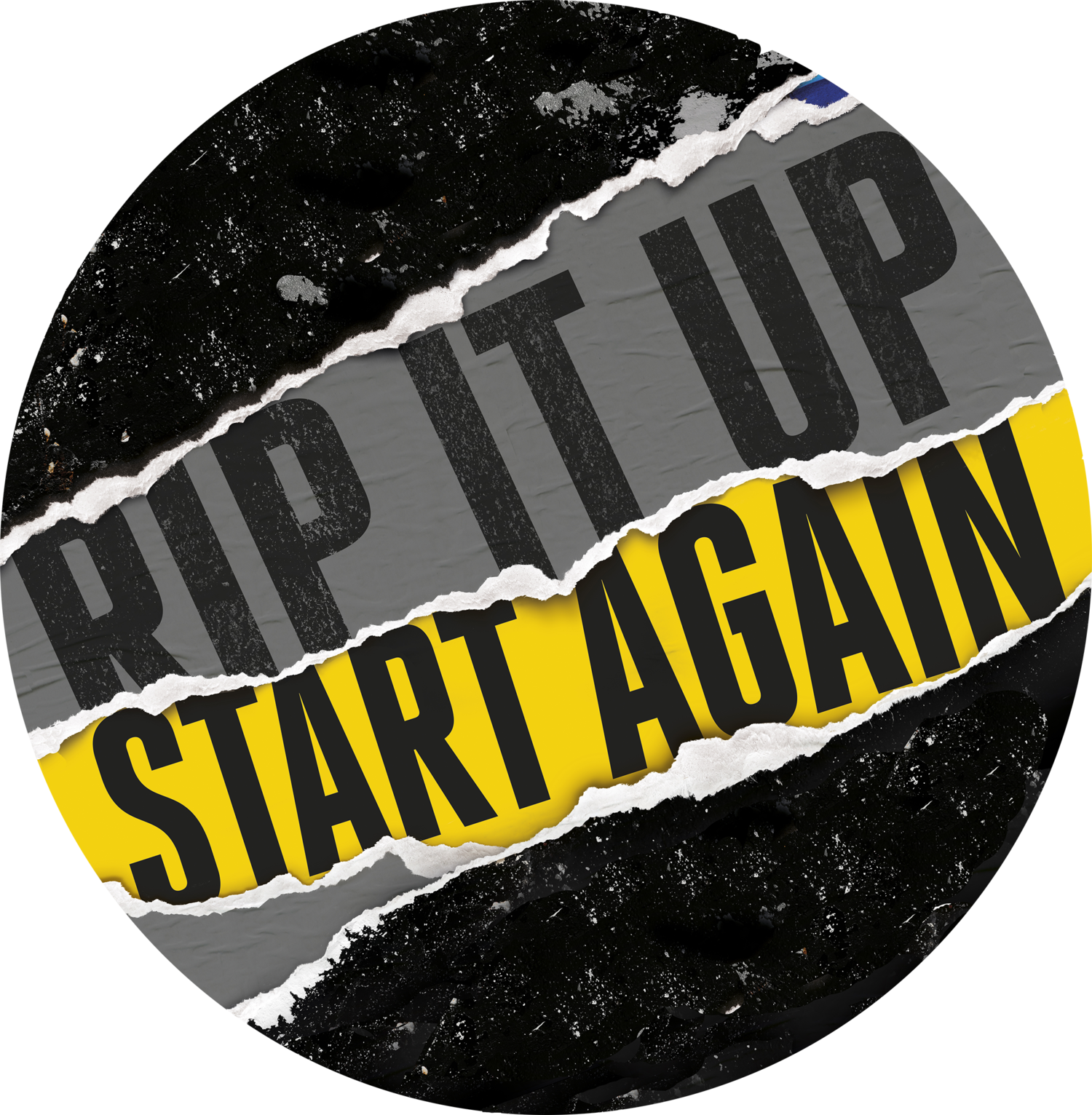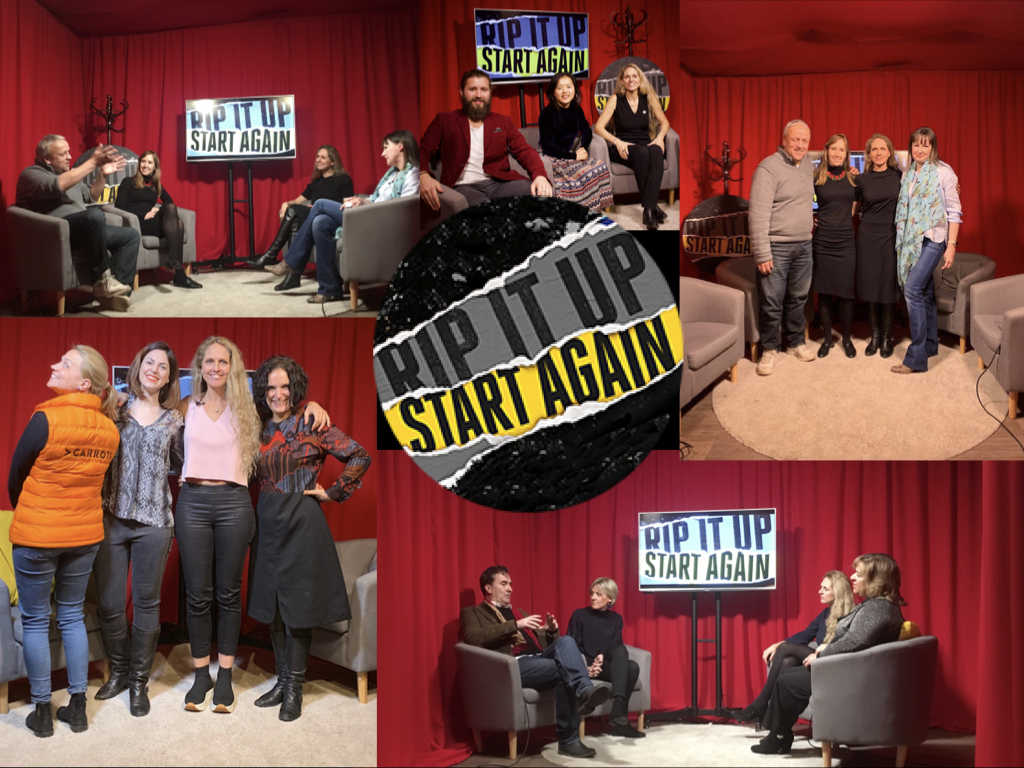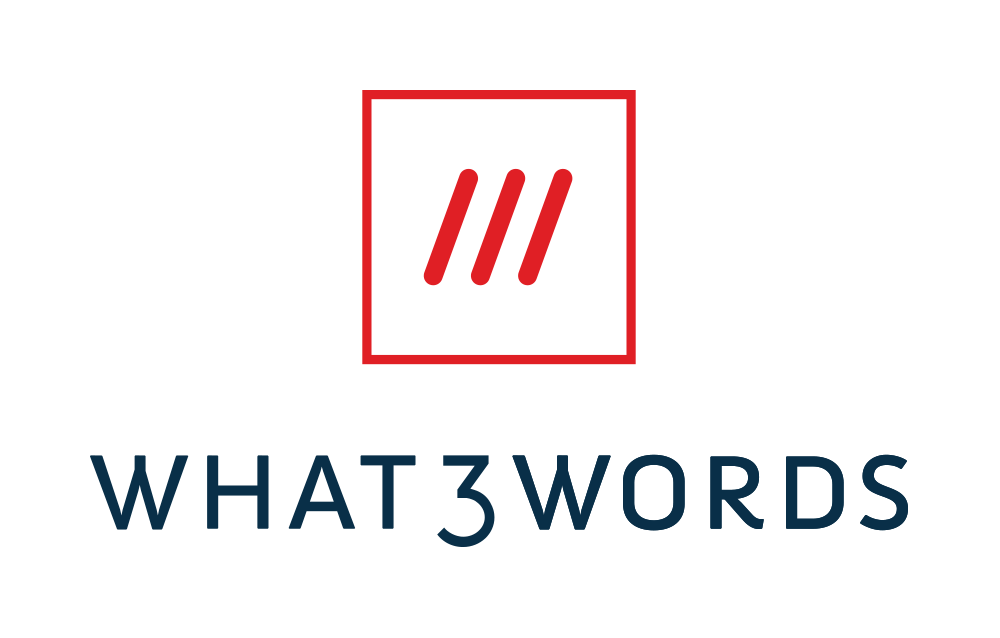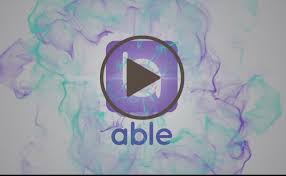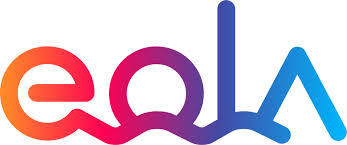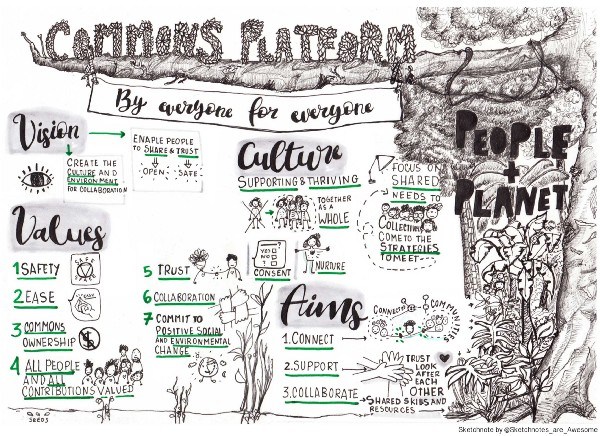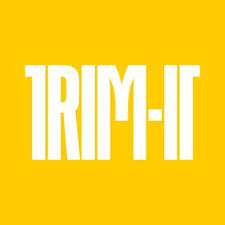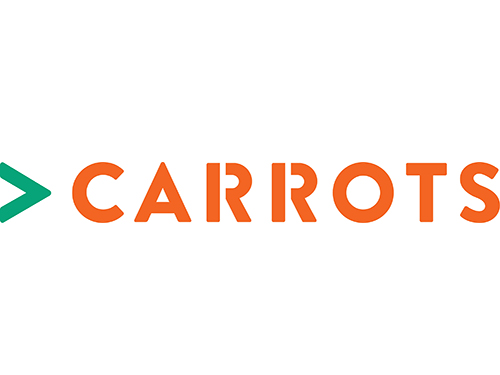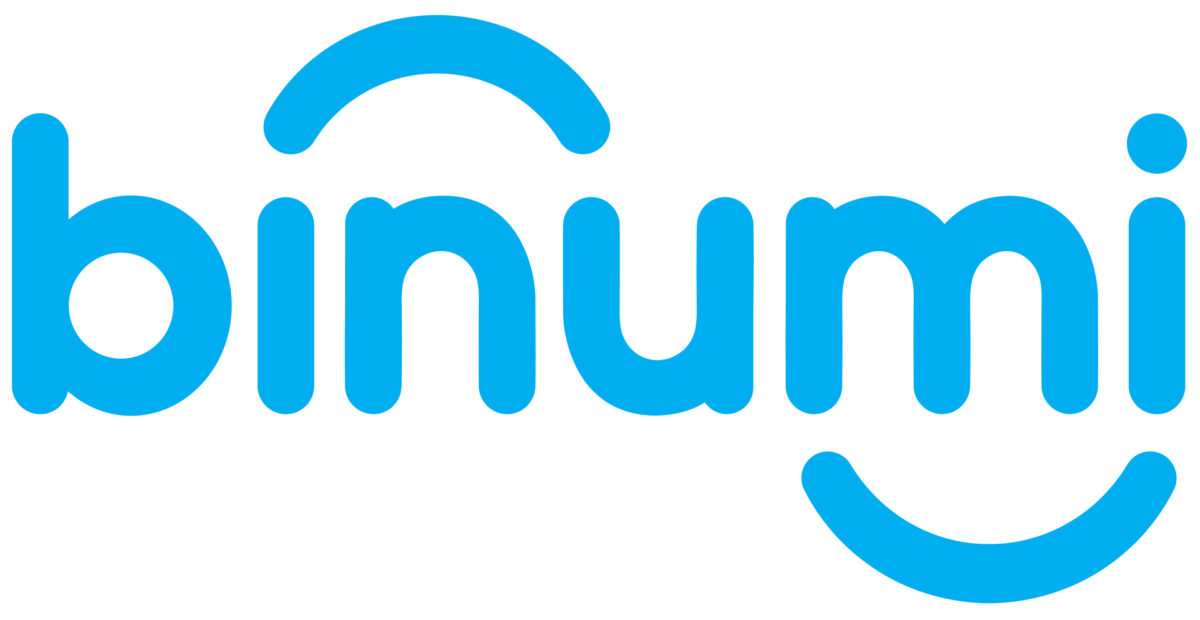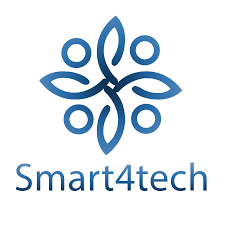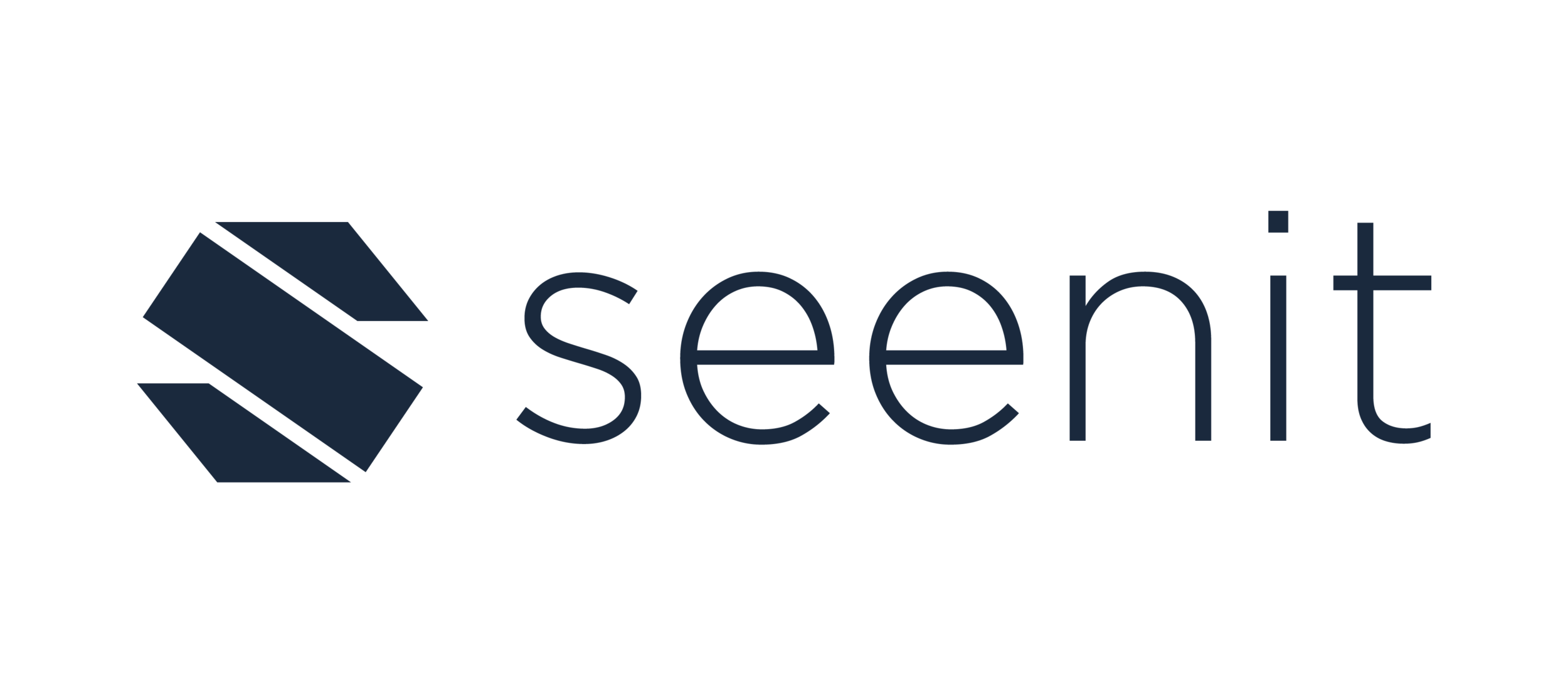WHAT DID HE SPEAK ABOUT?
Education. The fundamental way we teach has been the same for thousands of years. It goes something like this: “I know something that you don’t. I’m going to talk at you. Then the magic happens and one day you know it.” Simon told us about how about he started Download Learning to offer a new way of teaching – one that is already significantly outperforming traditional methods.
WHAT'S THE BACKSTORY?
Simon explained that modern teaching methods are based on the principle of the Ebbinghaus forgetting curve, which demonstrates a decline of memory retention over time – after 20 minutes you can only recall 60% of the information, then after a month it’s down to 20% and so on. This is what the education system fights against, so teachers repeat things over a period of time. Students spend years learning, then a week before the exam they cram in last minute revision. If they have learnt it, why do they need to cram?
Sir Ken Robinson’s 2006 TED talk, ‘Do schools kill creativity?’ is still the most viewed in TED’s history. The pressures on education are now totally different than they were in the past, where the primary function of schools was to produce diplomats, soldier and clerics. The extraordinary pace of change that we are seeing today can often mean that teachers are out of touch with the latest advances in their subjects. As the Managing Partner of the creative agency Human Zoo, Simon decided to use his strategic skills to develop a platform that aims to rip up 20th-century education and start again.
WHAT'S HE DOING ABOUT IT?
Simon launched Download Learning, an e-learning start-up built around a new learning methodology. Based on the premise of spaced learning at scale, Download identifies mechanisms that instigate the process of moving information from the short-term to the long-term memory. Rather than making superficial changes to teaching methods, Simon developed this programmed in collaboration with Dr Paul Kelley from Oxford University, who has built on the work of neuroscientists such as Douglas Fields.
Dr Kelley found that to create a memory, there are certain triggers and synapses, with a specific time period in which to code them. This means that the traditional repetition of information does work, but the critical variable is the length of time between each repetition. Early studies with the University of Surrey business school showed that Download Learning significantly outperformed other learning methodologies across a sample of 350 students.
However, where Download Learning differs from the traditional methods of teaching is that the next step is learning how to apply information in context, even to an area that you haven’t been taught. This is where Download Learning is bringing together people from different sectors – helping students to overcome cultural literacy and make information accessible without prior knowledge of the ‘language’ of that specific subject.
How does this apply to businesses? If you have a puzzle to solve and you ask two people to work together (assuming they have the same abilities), then the most you can achieve is halving the time. These are simple puzzles that businesses do every day – mechanical tasks that can be optimised. You come up with a solution, then hone it and implement it. Simon calls these ‘tame problems’. Then there is the other kind, ominously named ‘wicked problems’. These are the ones without a stable problem statement, where the problem itself appears inconsistent or nobody agrees on its definition.
One example of a wicked problem might be knife crime. You could argue that knife crime is down to educational, environmental or even a dietary problem. If you decide it’s educational, then you begin looking for an educational solution – but that isn’t going to solve knife crime. In these cases, you can only identify what the problem is when you come up with a solution that works. Most problems we come across today are tame problems, but the big ones that businesses need to solve are wicked problems. We need creative thinkers capable of tackling them.
NEXT STEPS …
Primary tests show that Download learners acquired 20% more information than traditional learners, 23% more than directed learners and 36% more than independent learners. Simon is now using the Download method to teach everything from police stop and search law (saving the police a combined 2,000 years of learning) to improving recall from health and safety workshops. Expect to hear more about Download modules in the future.
www.humanzoo.biz
